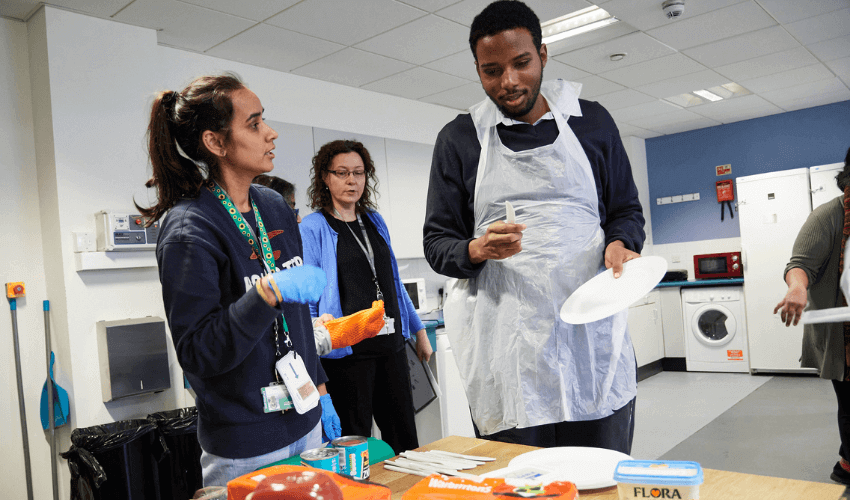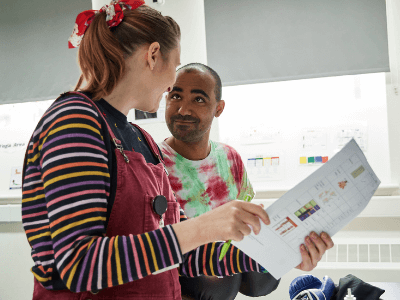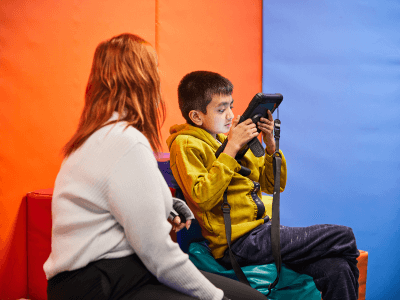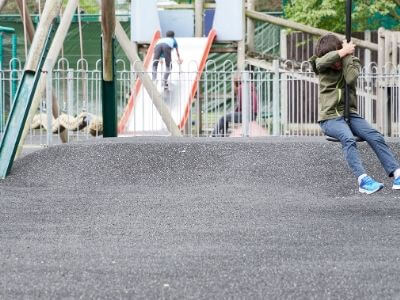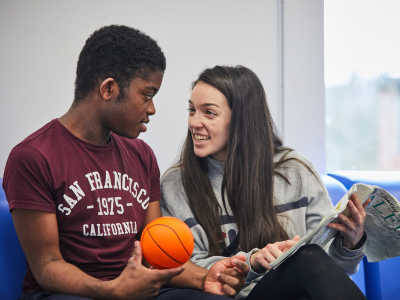Supporting autistic students

Autism is a lifelong developmental disability. Children with autism experience the world around them differently to other children. This means that bright lights, loud noises or changes to routine can have a much bigger impact on a child with autism’s behaviour than it would for other pupils.
Here we set out some simple changes schools can implement that will make a huge difference to autistic pupils' ability to thrive at school.
Training and leadership
Understanding of autism must begin in teaching training, and a willingness to support these neurologically different children must be embedded within a school's leadership team. A special educational needs coordinator (SENCO) should be part of this team so that a positive approach to supporting children with autism is filtered down from the top.
Find out what the pupil needs
Every child with autism is different and has different needs. It sounds simple, but the best way to understand what causes certain behaviour is to ask the pupil themselves, or involve their parents. Working together with parents and the pupil right from the start is the best way to implement successful adjustments that will enable the pupil to flourish.
Manage change
Disruption to routines can have a much bigger impact on children and young people with autism than other pupils so explaining changes before they happen is crucial. Support staff can play a key role in helping children manage this so it's vital they are informed well in advance about any changes to lessons, teaching staff, or even seating arrangements. Introducing timetables for the day also helps autistic children and young people predict what’s happening next and reduces anxiety about changes to routine.
Learning environment
Children and young people with autism can struggle to process everyday sensory information - and if this gets too much it can result in withdrawal or challenging behaviour. It's crucial that learning plans are individualised and children with autism are given more time to process tasks - including homework. Clear instructions and simple language also aid understanding and reduce anxiety. Providing a quiet room and looking at ways to reduce white noise in classrooms are also helpful.
Providing extra structure
Autistic pupils often find unstructured times of the day - such as lunch and breaks - very stressful as they don’t know what is expected of them. Providing extra support during these periods - such as choice boards or structured games- can really help bring continuity to their day, and ensure they are ready to learn when they return to the classroom.
Further information
Our Include Autism campaign has lots of top tips for improving support and understanding of autistic children and young people's need across society, including in education.
Related information
Discover more information related to this topic area.

